
A Man Held His Breath Underwater for 29 Minutes, Shattering the World Record and Even Surpassing Most Marine Mammals

Pushing the Limits of Breath: How Vitomir Maričić Rewrote Human Endurance
How long do you think you could last without taking a breath? Thirty seconds? Perhaps a minute if you pushed yourself? For most people, the struggle begins well before the two-minute mark, when the body screams for air. Dolphins, creatures shaped by millions of years of evolution for life at sea, can manage roughly ten minutes. Harbor seals stretch their dives to half an hour. And yet, on a warm afternoon in Croatia, a man joined their ranks.
Vitomir Maričić, one of the world’s leading freedivers, submerged beneath the surface of a hotel pool and stayed there, perfectly still, for twenty-nine minutes and three seconds. Longer than it takes to boil pasta, longer than the lungs of most mammals can endure, and longer than science once believed a human being could possibly survive without air. When he finally resurfaced, the line between human limitation and possibility had shifted—and the very breath we take for granted suddenly revealed itself as something more powerful, more mysterious, and more malleable than we had imagined.
A Record That Stunned the World
On June 14, 2025, in the seaside town of Opatija, Croatia, Maričić achieved the impossible: he held his breath underwater for nearly half an hour. The attempt was staged in a hotel pool, under the careful eye of Guinness World Records judges, with more than a hundred spectators watching in tense silence. As the minutes ticked past 20, then 25, and finally to the edge of 30, the atmosphere transformed—witnesses realized they were seeing the very boundaries of human physiology being redrawn in real time.
The previous record, set by fellow Croatian Budimir Šobat in 2021, already seemed like a miracle: 24 minutes and 37 seconds. Maričić didn’t just nudge that mark forward; he demolished it, adding nearly five full minutes. In the world of static apnea—the discipline of holding one’s breath without movement—that margin is not just impressive, it’s staggering. To put it in perspective: the average person struggles to last a single minute, while most elite freedivers without oxygen assistance top out around 10 to 11 minutes. With oxygen preloading, Maričić matched the harbor seal, an animal whose entire existence is adapted to the deep. Even dolphins, the quintessential ocean mammals, usually manage only ten minutes on a single breath.
When he emerged, Maričić seemed remarkably composed. Cameras flashed, cheers erupted, but he downplayed the spectacle:
“After the 20-minute mark, everything became easier—at least mentally,” he explained. “Physically it got worse and worse, especially for my diaphragm because of the contractions. But mentally, I knew I wasn’t going to give up.”
In those words lies the essence of his achievement: success was not just a matter of lung capacity, but of surrendering to stillness and mastering the body’s most primal reflex—the urge to breathe.
How the Body Survives Without Air
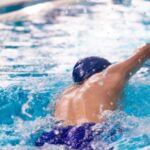
To grasp the magnitude of Maričić’s feat, you need to understand the fragile contract humans have with oxygen. Air is about 21% oxygen, but we use only a fraction of it with each breath—just enough to keep our muscles fueled and our brain alert. The real danger isn’t a lack of oxygen right away; it’s the buildup of carbon dioxide (CO₂).
Specialized sensors in the brainstem and neck arteries constantly monitor CO₂ levels. Rising CO₂, not falling oxygen, is what triggers the panicked urge to breathe. This is why most people come up gasping after less than a minute: their oxygen is still there, but their nervous system is already sounding alarm bells.
Freedivers train themselves to ignore those alarms. They condition both body and mind to tolerate the diaphragm spasms, chest contractions, and discomfort that would send untrained swimmers scrambling for air.
Maričić had another key advantage: oxygen preloading. For ten minutes before his dive, he inhaled pure oxygen, saturating his blood and plasma far beyond normal levels. This technique, known as denitrogenation, is used in medicine to keep patients alive during delicate procedures. In freediving, it buys precious time by delaying the body’s warning signals.
But oxygen preloading alone cannot explain nearly half an hour without breathing. The other secret is the mammalian dive reflex—a survival mechanism we share with dolphins, whales, and seals. When the face is submerged, the body automatically slows the heart rate, constricts blood vessels in the limbs, and diverts oxygenated blood to vital organs like the brain and heart. Even the spleen contracts, releasing a hidden reserve of red blood cells into circulation. Normally, this reflex goes unnoticed in everyday life, but under training and pressure, it becomes a powerful ally.
For Maričić, all these layers of physiology worked together. Stillness conserved oxygen. Training quieted panic. Preloading boosted reserves. The dive reflex extended the lifespan of each oxygen molecule. The result: a controlled performance of endurance rather than a desperate struggle for survival.
Training the Mind and Body

Freediving is built on a paradox: the harder you fight, the less likely you are to succeed. Success depends not on resisting the body’s alarms but on calming them. Elite divers cultivate a mental state that lowers oxygen consumption to the bare minimum. Anxiety or stress, by contrast, quicken the heartbeat and burn through reserves in minutes.
That’s why training emphasizes not only lung capacity but also mindfulness. Studies show that meditation, yoga, and relaxation techniques can slow metabolism, reduce stress hormones, and even alter brain wave activity—changes that translate directly into longer breath-holding times.
Physical training is equally methodical. Divers follow CO₂ tables and O₂ tables—structured breath-hold regimens that gradually push the body to tolerate higher CO₂ and lower oxygen levels. Others practice apnea walks, holding their breath while walking slowly on land, mimicking the stress of underwater exertion. Even breathing itself is a science: the safest “breathe-up” before a dive is not frantic hyperventilation, but calm, deep diaphragmatic breathing, followed by one full inhalation. After resurfacing, divers use recovery breaths—short, controlled inhalations and exhalations—to quickly restore oxygen levels and prevent blackout.
Over time, freediving becomes less a sport than a discipline where biology, psychology, and ancient practices merge. The art of stillness, found in yoga and martial arts, aligns with the science of physiology. For Maričić, years of refining this system made it possible to transform 29 minutes without air into something serene instead of terrifying.
Lessons from Traditional Diving Cultures
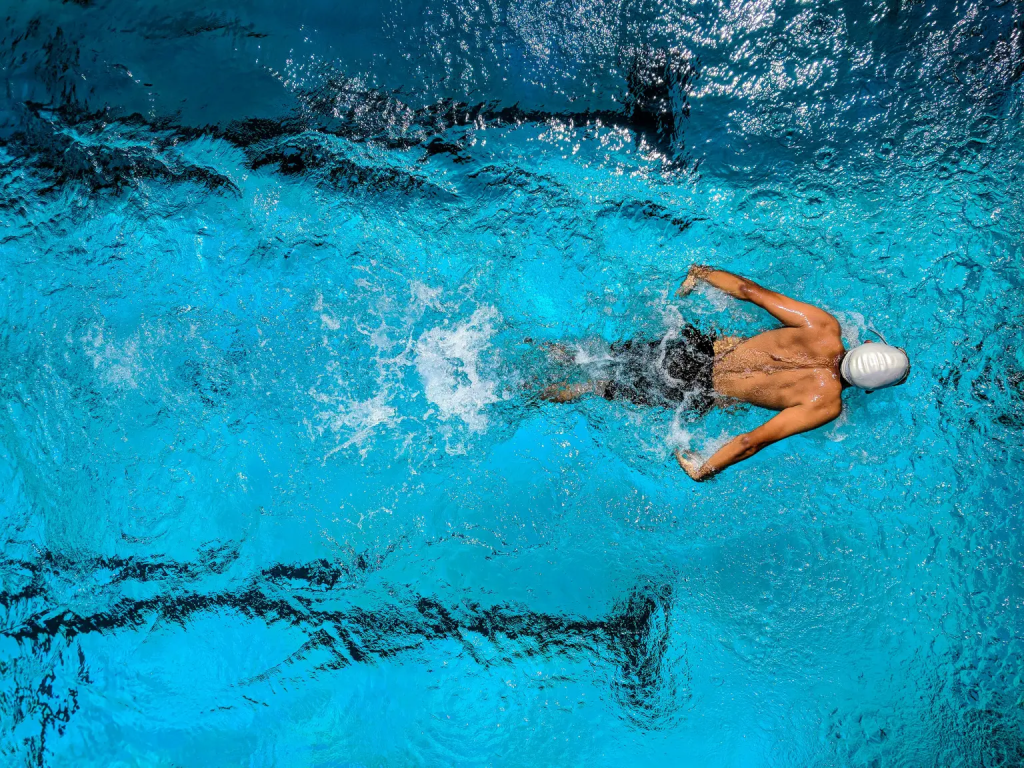
Although Maričić’s record made headlines worldwide, humans have been testing the limits of breath for centuries. Traditional diving cultures developed extraordinary skills long before freediving became a sport.
On South Korea’s Jeju Island, the Haenyeo—often called “sea women”—have harvested shellfish and seaweed for generations. Many continue diving well into old age, spending hours in cold waters, each dive lasting only a few minutes but repeated hundreds of times. Over time, their bodies show adaptations: stronger cardiovascular responses, greater cold tolerance, and refined breath-holding skills born not from sport but from survival.
Farther south, the Bajau people of Southeast Asia, sometimes called “sea nomads,” have lived for centuries as natural freedivers. Using handmade goggles and wooden spears, they routinely descend to depths of over 200 feet, staying underwater for up to 13 minutes. Genetic studies reveal one reason: Bajau spleens are up to 50% larger than those of neighboring populations, providing an extra reservoir of oxygen-rich red blood cells during dives. This striking adaptation shows how human evolution itself can bend toward the sea.
Risks and the Thin Line Between Triumph and Tragedy
Freediving is not without peril. The greatest danger is shallow-water blackout, when oxygen runs out so suddenly that the brain shuts down before the urge to breathe can even return. A diver can lose consciousness silently, just feet from the surface. Without immediate rescue, the result is almost always fatal.
Oxygen loading, while extending breath-hold times, brings its own risks. At high concentrations, oxygen can damage the nervous system, trigger seizures, or harm vital organs. Even without oxygen, freedivers face lung compression at depth, barotrauma, and decompression-like symptoms similar to those suffered by scuba divers.
That is why the sport enforces strict safety protocols: no diving alone, no reckless hyperventilation, always rehearsed rescue procedures. Even world champions acknowledge the razor-thin margin between success and disaster. Former record holder Aleix Segura once described oxygen-assisted dives as “doping,” warning that they blur the line between human endurance and technological aid.
For ordinary people, even with oxygen preloading, the “safe apnea time” is about eight minutes. Maričić’s 29-minute record should be seen not as an invitation to imitate, but as a controlled demonstration of the outer edges of human physiology.
Breath as a Bridge
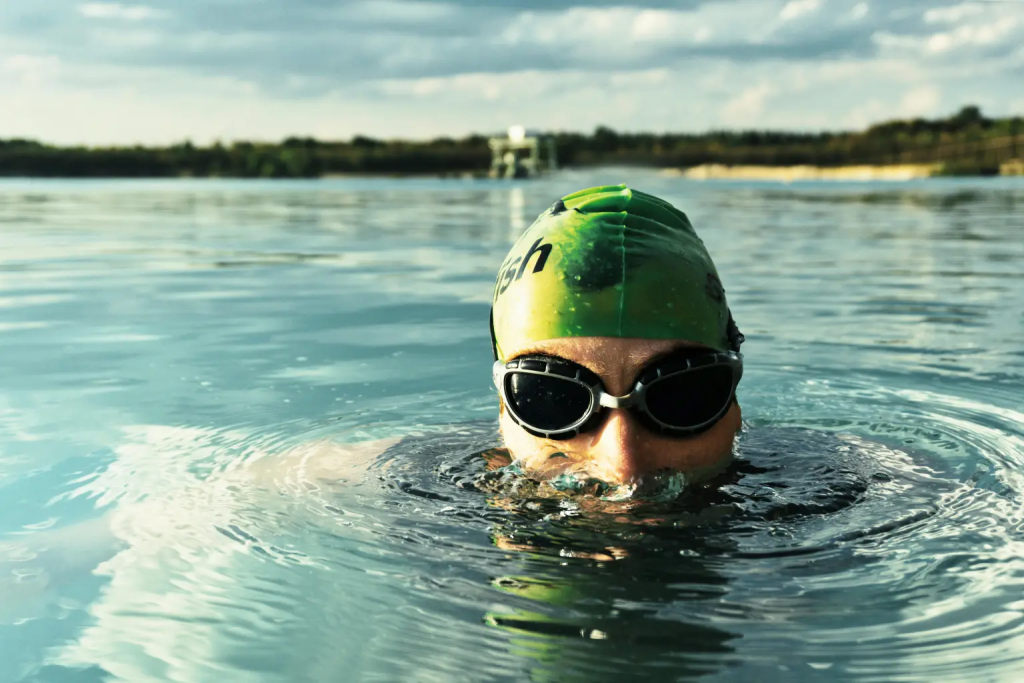
Vitomir Maričić’s dive was more than a number in a record book. It was a reminder that breath—the invisible rhythm that sustains us—can be both fragile and immense. For him, it became a platform to advocate for ocean conservation, connecting personal achievement to the survival of the seas that inspired it.
For the rest of us, the lesson lies closer to home. Science confirms that deliberate breathing—through yoga, meditation, or even simple mindfulness—can lower stress, sharpen focus, and restore balance. Ancient traditions treated the pause between breaths as a doorway to awareness. Freediving, in its most extreme form, echoes the same truth: mastery comes not from force, but from surrender.
Most of us will never hold our breath for half an hour. But by reclaiming the simple act of breathing—slowing down, noticing, and pausing—we may discover a kind of endurance that matters even more. In a restless, hurried world, learning how to breathe fully may be the most radical human achievement of all.
News in the same category


Everywhere Cannabis Could Be Legalised in US as Trump Considers Major Law Change

Should You Peel Ginger Before Eating? The Shocking Truth Everyone Needs to Know
he peel is not harmful; in fact, it carries unique benefits. By using ginger correctly and storing it properly, you can unlock its full potential for boosting immunity, improving circulation, and keeping your

Meteorite That Recently Fell in Somalia Turns Out to Contain Two Minerals Never Before Seen on Earth
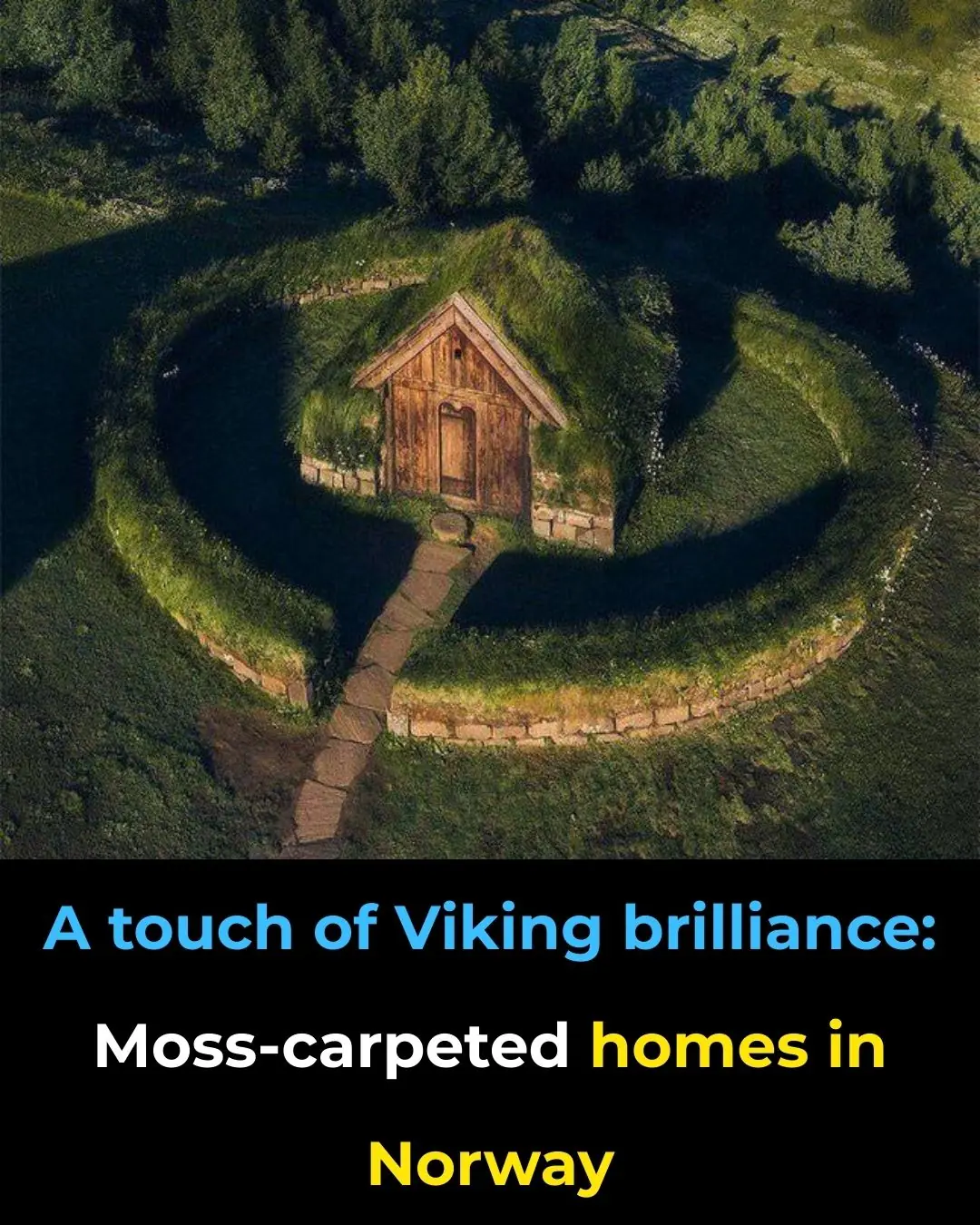
A Touch of Viking Brilliance: Moss-Carpeted Homes in Norway

What Millions of Years Look Like in One Photo (Well, Not Exactly)

NASA Has Just Released 2,540 Gorgeous New Photos of Mars

Friendship Between Wolf And Bear Documented By A Photographer
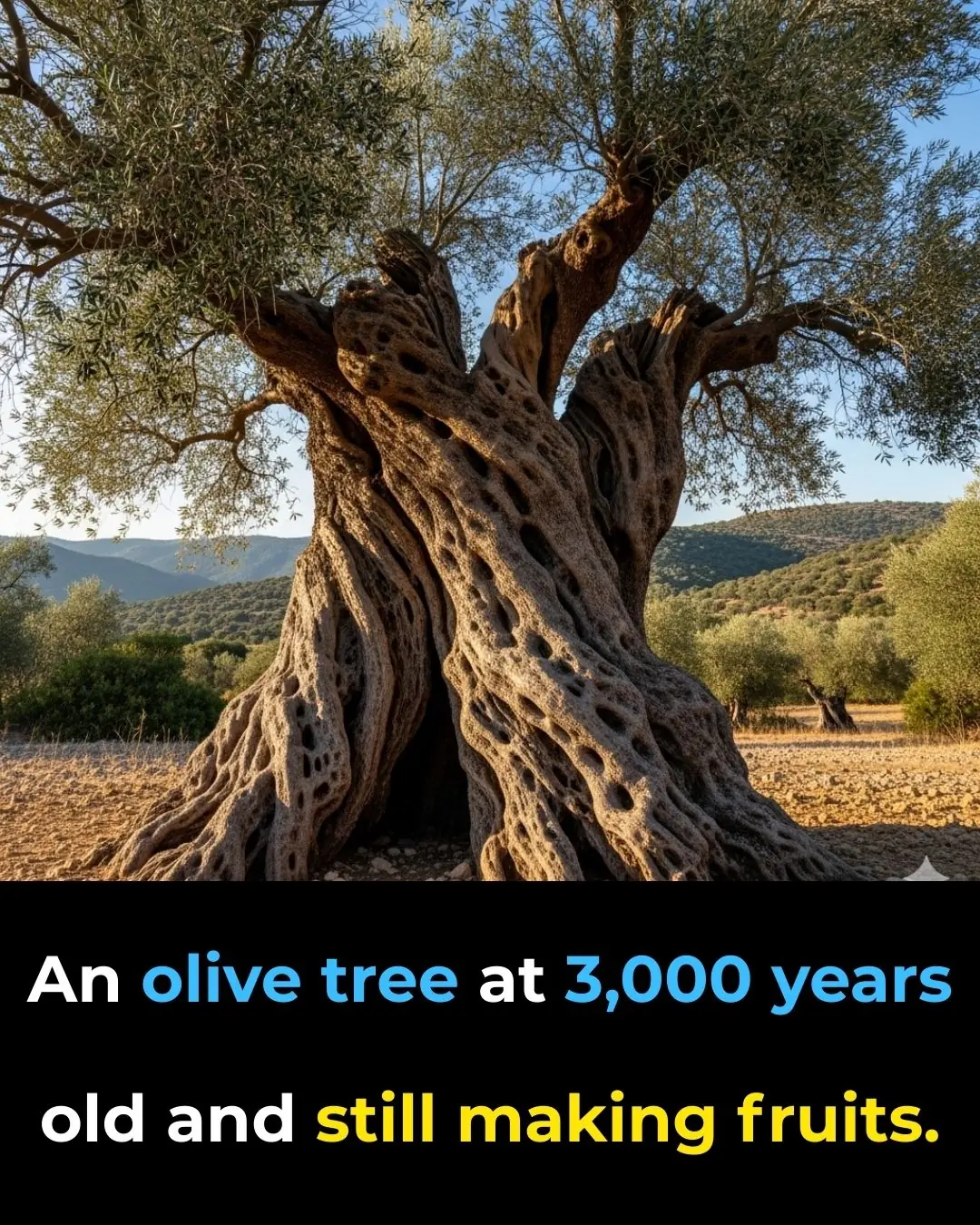
3,000-Year-Old World’s Oldest Olive Tree on the Island of Crete Still Produces Olives Today

Security feature you should make sure is always enabled on your Android smartphone

Guy Mocked for Dating 252-lb Woman
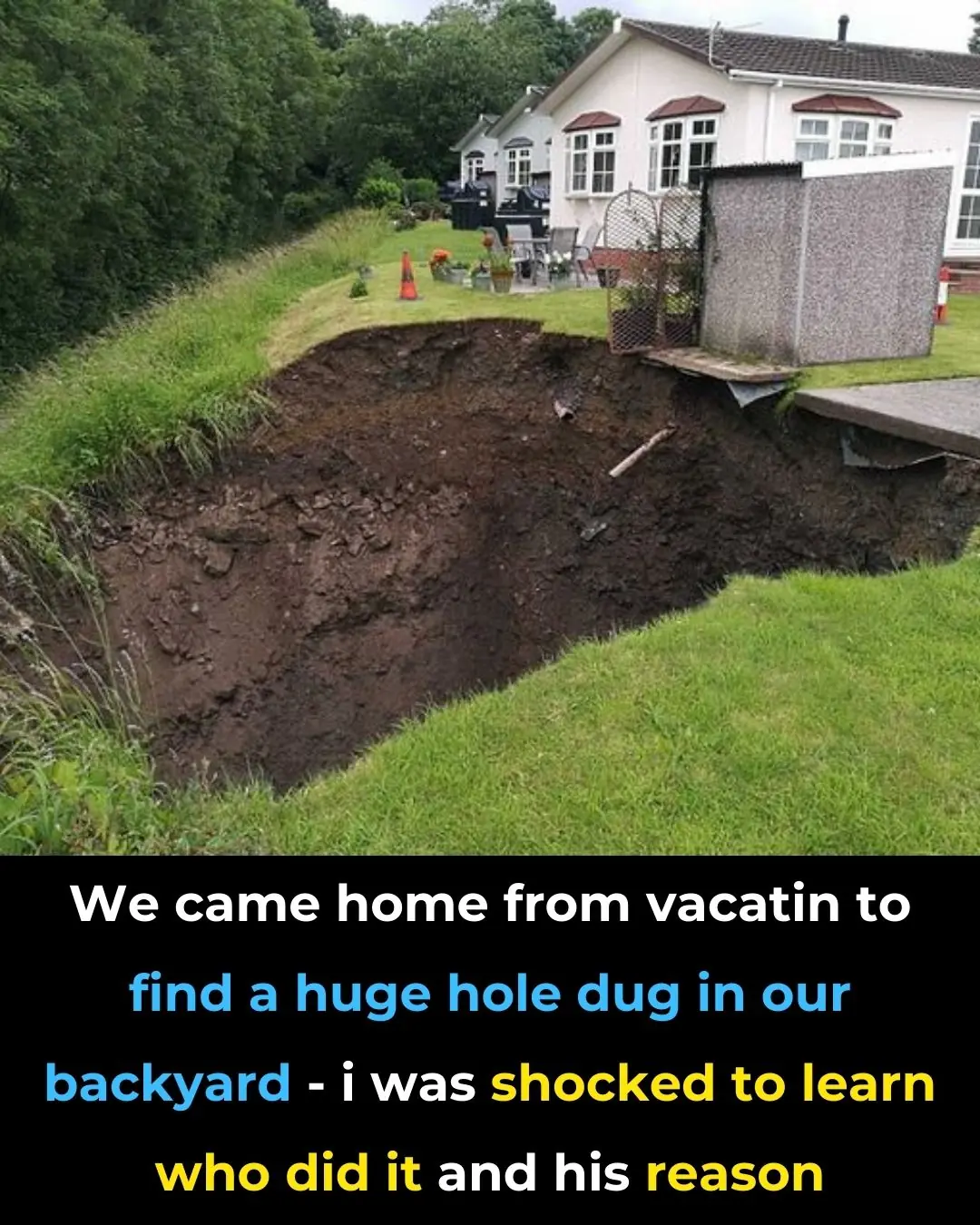
Homeowner Resumes Backyard Treasure Hunt

7 Household Appliances That Drain More Power Than Your Air Conditioner—And Why I Regret Owning Them All
From constant-use devices like refrigerators to high-powered kitchen tools, every household has hidden electricity traps.

Another US doctors’ group breaks with federal policy, recommends COVID-19 vaccines for all adults

Donald Trump Says There Could Be People in Epstein Files Who ‘Don’t Deserve to Be’ There in Shocking Statement

Think Bottled Water Is Safer Think Again

5 Early Warning Signs of Cervical Cancer That 90% of Women Overlook
Cervical cancer is not a silent killer—it sends out warnings. The challenge is whether women notice and act on them in time.

8 Shocking Toilet Clues That Could Signal Cancer: Don’t Ignore These Early Warnings
Many people dismiss subtle changes in bathroom habits as minor or temporary issues. However, certain unusual signs when you go to the toilet could be early red flags of serious health problems. Recognizing them in time can make the difference between earl

Study Reveals How Earth’s Orbit Triggers Ice Ages, And There’s One in The Next 11,000 Years
News Post

Tiny Brown Balls in Your Salad

3 ways to prevent snakes from crawling into the house, everyone needs to know to protect their family

Here are 3 simple ways to keep your home free of mice.

Everywhere Cannabis Could Be Legalised in US as Trump Considers Major Law Change

4 Types of Electric Kettles That Could Be Harming Your Health – Check Yours Before It’s Too Late
Electric kettles are found in nearly every modern home, making it quick and easy to boil water for tea, coffee, or instant meals. But shocking warnings from health experts reveal that some kettles may release dangerous substances into the water you drink

Turn Back the Clock: The Cheap Sour Starfruit & Potato Remedy That Restores Black Hair Naturally
Struggling with premature gray hair in your 20s or already noticing streaks of silver in your 30s and 40s? Don’t panic. While gray strands can feel like a dreaded sign of aging, nature offers surprising, inexpensive solutions that can help you regain yo

7 Resistance Band Ab Moves That Torch Belly Fat and Build Core Power
This variation transforms a simple bridge into a powerhouse move, strengthening not only your glutes but also your deep core muscles, lower back, and hip stabilizers.

8 Superfoods That Naturally Lower Cholesterol and Protect Your Heart
It’s about making gradual, sustainable swaps—cutting back on processed foods, replacing saturated fats with healthier ones, and prioritizing fiber-rich, nutrient-dense ingredients.

Flaxseed Gel: The Natural “Botox in a Jar” That Smooths Wrinkles and Restores Youthful Glow
With flaxseed gel, you’re not just applying moisture—you’re giving your skin the building blocks it needs to repair, renew, and glow from within.

Toothpaste and Lime for Hair Removal: The Surprising DIY Remedy That Could Replace Laser Treatments
With just two simple household ingredients, you can try a gentle, budget-friendly, and surprisingly effective solution at home.

Cabbage Leaves Wrapped Around Your Legs: A Simple Remedy With Surprising Benefits
Packed with anti-inflammatory, detoxifying, and soothing properties, cabbage is more than just a kitchen staple — it’s a hidden healing ally.

10 Life Saving Tips for Lowering Stroke Risk & Early Signs of Stroke

Put a Bowl of Salt in the Fridge: The Genius Trick I Regret Not Knowing for 30 Years
A single bowl of salt might seem insignificant, but its impact on your fridge — and your household — is anything but small.

Proven Health Benefits of Eating Eggs Based on Evidence

Should You Peel Ginger Before Eating? The Shocking Truth Everyone Needs to Know
he peel is not harmful; in fact, it carries unique benefits. By using ginger correctly and storing it properly, you can unlock its full potential for boosting immunity, improving circulation, and keeping your
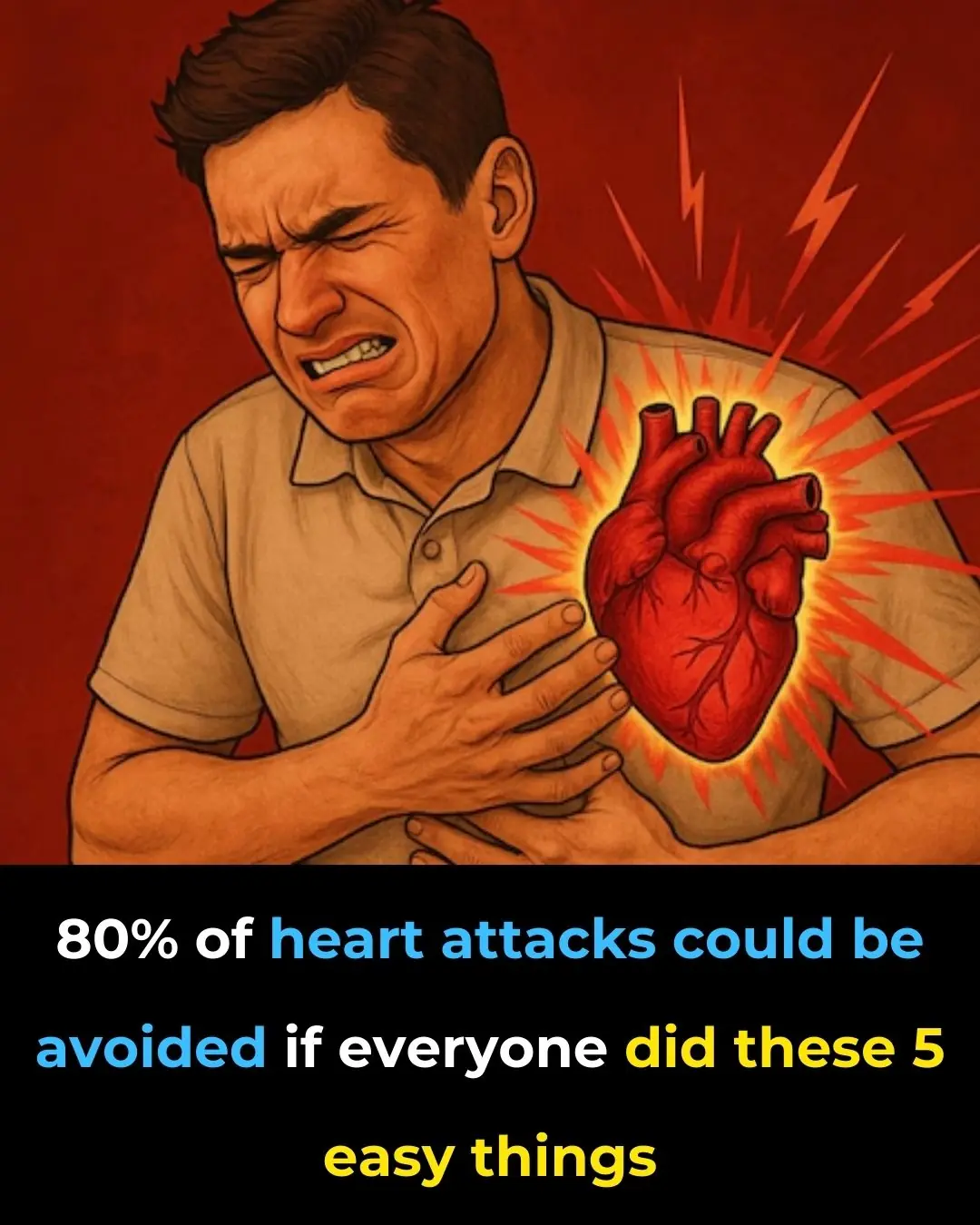
80% of Heart Attacks Can Be Prevented—Just Do These 5 Easy Things

3 Dangerous Mistakes People Make With Plastic Wrap—And How They Could Secretly Harm Your Health
Plastic wrap is undeniably convenient, but it must be used correctly. Missteps like reusing, heating, or buying low-quality products can gradually harm your body.

52-Year-Old Man Dies From Diabetes—Doctors Reveal 4 Common Breakfast Mistakes That Can Wreck Your Blood Sugar
He thought he was strong and healthy, but one morning at work, his body gave in without warning. By the time he reached the hospital, it was too late. His story serves as a chilling reminder that what you eat for breakfast could quietly determine your ris

4 Silent Eye Changes That Could Signal Hidden Cancer — Don’t Ignore These Red Flags
Your eyes do more than reflect emotions; they can also reveal critical clues about your overall health. Subtle changes in appearance, color, or vision may sometimes be early warning signs of dangerous cancers developing elsewhere in the body — long befo